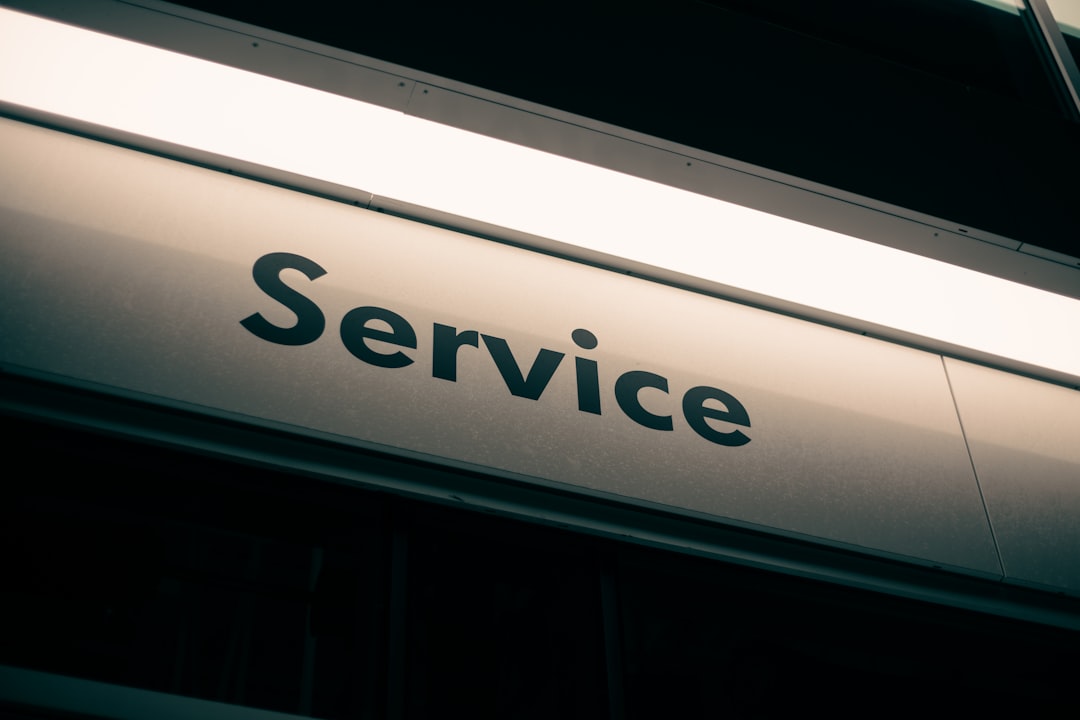
When selecting a rental Reverse Osmosis (RO) filtration system, there are several critical factors to consider to ensure you are getting the most efficient and cost-effective solution for your specific water treatment needs. RO systems can vary significantly in terms of capacity, design, and performance features, so it is important to begin with a clear understanding of your operational requirements. First, assess the quality of your source water. The composition of the incoming water?whether it contains high levels of dissolved solids, organic matter, chlorine, or specific contaminants?will dictate the type of pre-treatment and filtration system required. Water quality testing is often the first step and should be performed by a certified laboratory or professional water treatment specialist to determine the system specifications that best fit your situation.
The volume of water required per day is another crucial factor. RO systems are available in various sizes and flow rates, from small portable units suitable for residential or temporary needs to large-scale industrial systems capable of treating thousands of gallons per day. Renting a system with too little capacity can result in operational inefficiencies, delays, and higher overall costs, while renting a system that significantly exceeds your needs may be an unnecessary expense. It’s wise to estimate your daily and peak water demand carefully and select a system that can accommodate this with some margin for flexibility.
Portability and ease of installation are other practical considerations. If you are renting an RO system for a temporary application?such as a construction site, emergency response, or seasonal operation?you’ll want a unit that is easy to transport, set up, and connect to existing plumbing or tanks. Many rental providers offer skid-mounted or containerized systems that are designed for plug-and-play installation, minimizing downtime and technical challenges. Understanding the physical footprint and connection requirements in advance can help avoid costly delays and modifications.
System efficiency and recovery rate are also important. The recovery rate refers to the percentage of feed water that is converted into purified water, with the remainder becoming wastewater. High-efficiency RO systems typically have a higher recovery rate, meaning less water is wasted and energy costs are lower. Rental systems that include energy-saving features, automated controls, and real-time monitoring can offer significant operational benefits and reduce environmental impact. It’s advisable to inquire about the specific performance metrics and energy consumption of the system being considered.
Another key consideration is the availability of technical support and maintenance services during the rental period. RO systems require routine maintenance, including membrane cleaning, filter changes, and monitoring of system performance. A reputable rental provider should offer 24/7 technical support, scheduled maintenance services, and a clear agreement outlining responsibilities for system upkeep. You should also verify the terms of the rental agreement?such as duration, cancellation policy, repair responsibilities, and liability for damage?to avoid unexpected costs or service interruptions.
Cost structure is, of course, a major factor when renting an RO filtration system. Be sure to evaluate all associated costs, including delivery, installation, maintenance, and membrane replacement if needed. Some companies offer full-service rentals that bundle these costs into a single fee, while others may charge separately for each service. Comparing quotes from multiple vendors and understanding what is included in each offer is essential for making a well-informed decision. Consider conducting a cost-benefit analysis to compare the long-term rental costs with the option of purchasing if the system will be used frequently or over an extended period.
Finally, it’s beneficial to work with experienced and reputable rental providers who can offer guidance and customization based on your specific needs. Providers with a strong track record in your industry are more likely to have the right equipment, expertise, and customer service infrastructure in place. By carefully evaluating these considerations?source water quality, required capacity, mobility, system efficiency, support services, rental terms, and cost?you can confidently select an RO rental system that ensures safe, reliable, and efficient water purification for your application.
 SON SON
SON SON